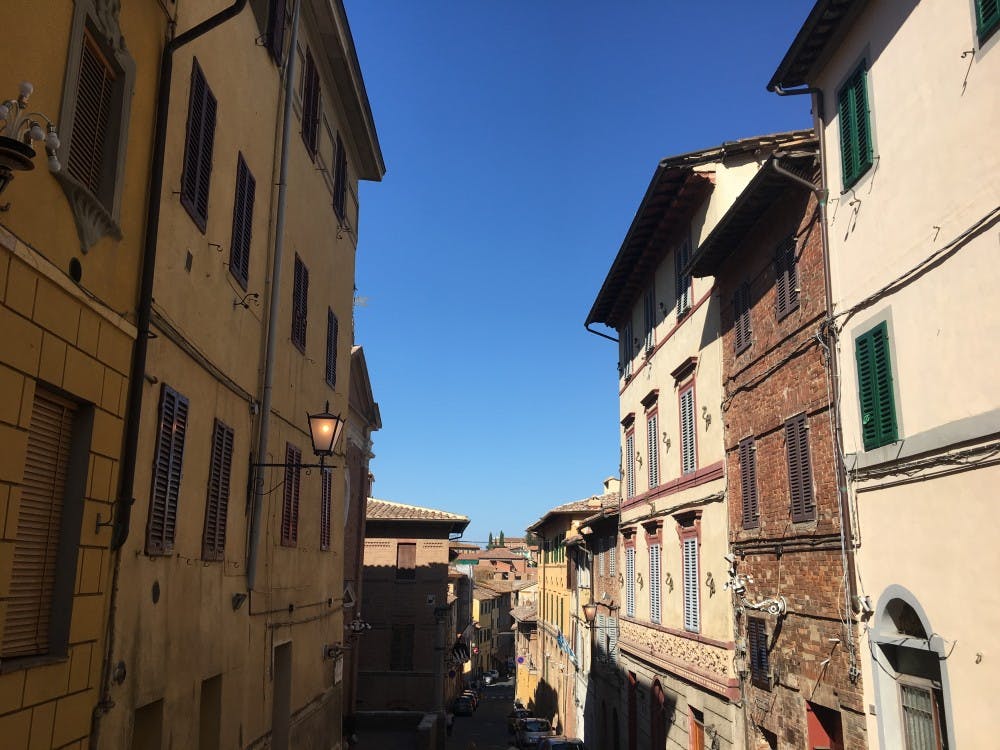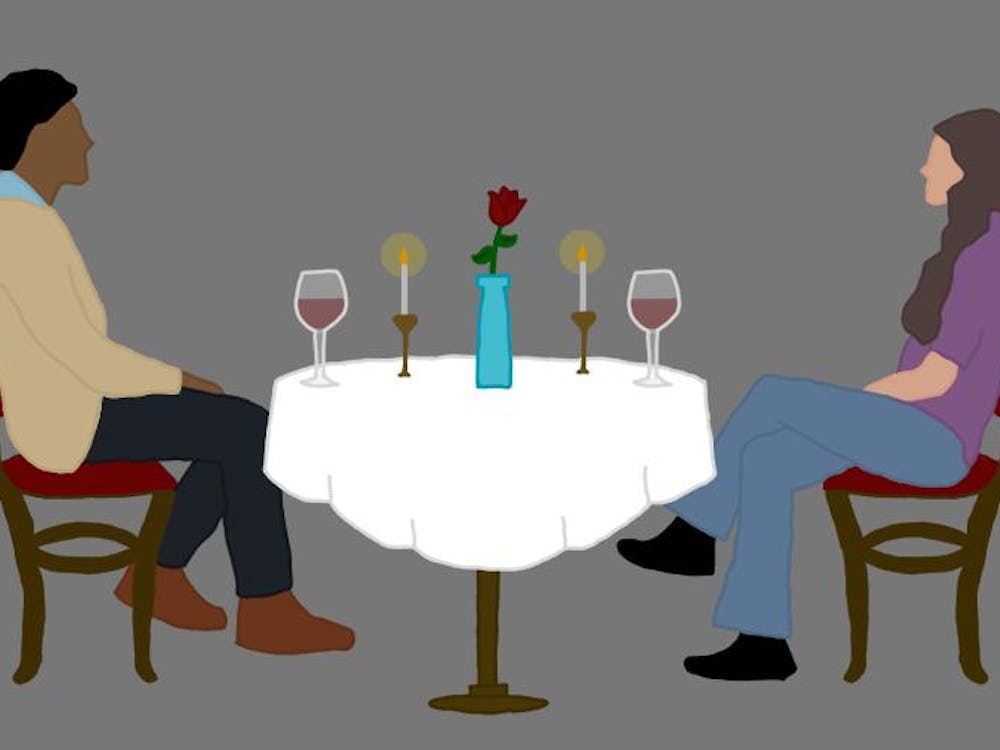How long do I have to be “ex patria” before I can call myself an expat? Is it a function of time, or is it just a matter of how many cigarettes I smoke on café patios? Do I have to write a moody novel? Will a short story work?
I have long been captivated by the so-called “Lost Generation,” the loosely defined cohort of American writers who, disillusioned and confused in the wake of World War I, sought out answers to the world’s disarray by traveling. The defining members of this crowd are also some of the defining figures of twentieth-century American literature — F. Scott Fitzgerald, T. S. Eliot and, of course, Ernest Hemingway. The spirit of the Lost Generation is crystallized perfectly in Hemingway’s novel “The Sun Also Rises.”
The characters in “The Sun Also Rises” live in a swirl of extravagance and self-loathing. They lounge in cafés and travel through Spain, they argue bitterly, they fall in and out of love, they spurn happiness when it is presented to them. They are writers and journalists and gamblers and bullfighting enthusiasts. In Hemingway’s Europe, malaise is romantic, romance is constant and confusion breeds expression.
I read the book and thought, in the words of the immortal Liz Lemon, “I want to go to there.”
I chose to study abroad in Europe because of Hemingway. Hemingway’s world is one where all the best people have a screw loose, where disquietude flows like wine, where my teenage disenchantment would not only be accepted but in fact lauded as a necessary step in honest creation. I could be basket-weaving in the Andes, or eating squid in Japan, or slamming Natties with the boys in Charlottesville. But I’m not — I’m in Siena, Italy, and today I ordered an espresso while I sat in the shadow of a 1,000-year-old church and vaguely pondered the meaning of life. (In the words of the immortal Michael Scott, “Oh my God, okay, it’s happening!”)
I’ve been here for a week, however, and I have yet to be swept off my feet by a wave of inspiring, amorous anxiety. I am not a veteran of a terrible war. I am not depressed. I did not have my pepperoni sausage blown off like Jake Barnes. Right now, I’m sitting outside eating a prosciutto sandwich. The bread was baked this morning, the mozzarella is creamy, the tomatoes are sweet. Gorgeous, immaculately dressed Italian people stroll by. There are medieval stone lions carved into the facade of this café. There is plenty of romance all around me. (Nothing is more romantic than prosciutto.)
Magical though it may be, the Europe of Hemingway and Fitzgerald is first and foremost a place full of gloomy a—holes, a concession made repeatedly by both authors. Their characters are uniformly miserable and lost at the beginnings of these stories, and as often as not, they’re even more miserable and lost at the end. Both writers were raging alcoholics, and Hemingway eventually killed himself.
The ethereal appeal of these writers, especially to a young person, is partially a function of their spectacular tragedy. Their tumults and struggles are so captivating because it’s comforting to think that other generations have been lost before. That doesn’t mean there is happiness to be found in emulating such unhappy people. Posturing as a descendant of the Lost Generation won’t inspire original work, either. The tortured, bohemian, white, male writer has become an odious cliché, born out of privilege, pretentiousness and a misunderstanding of the writers whose lives inspired the pose. I don’t know if self-loathing is truly a prerequisite for great art, but believing in it as a prerequisite for glamour leads to pompousness, further disenchantment or both.
I wanted to go to a place where malaise was romantic, and if that’s true anywhere it’s true right here, in the ancient hills of Tuscany. I’m beginning to suspect, however, that I’d rather be in a place where malaise was entirely absent. Does such a place exist? I’ve always thought it doesn’t. Writers, journalists — according to Hemingway, these are not happy people. But I’ve been here for a week, and the Tuscan sun has shone the entire time. The narrow cobblestone streets wind gently below snugly packed medieval buildings. The pasta and wine and coffee all taste delicious. I spend the days sunning myself in the vineyards and the nights lounging in the town square. Will my moody short story be any good if I’m not moody myself? Will it be any good if it’s not moody at all? I suspect the answer is yes. Saluti, Ernest.







